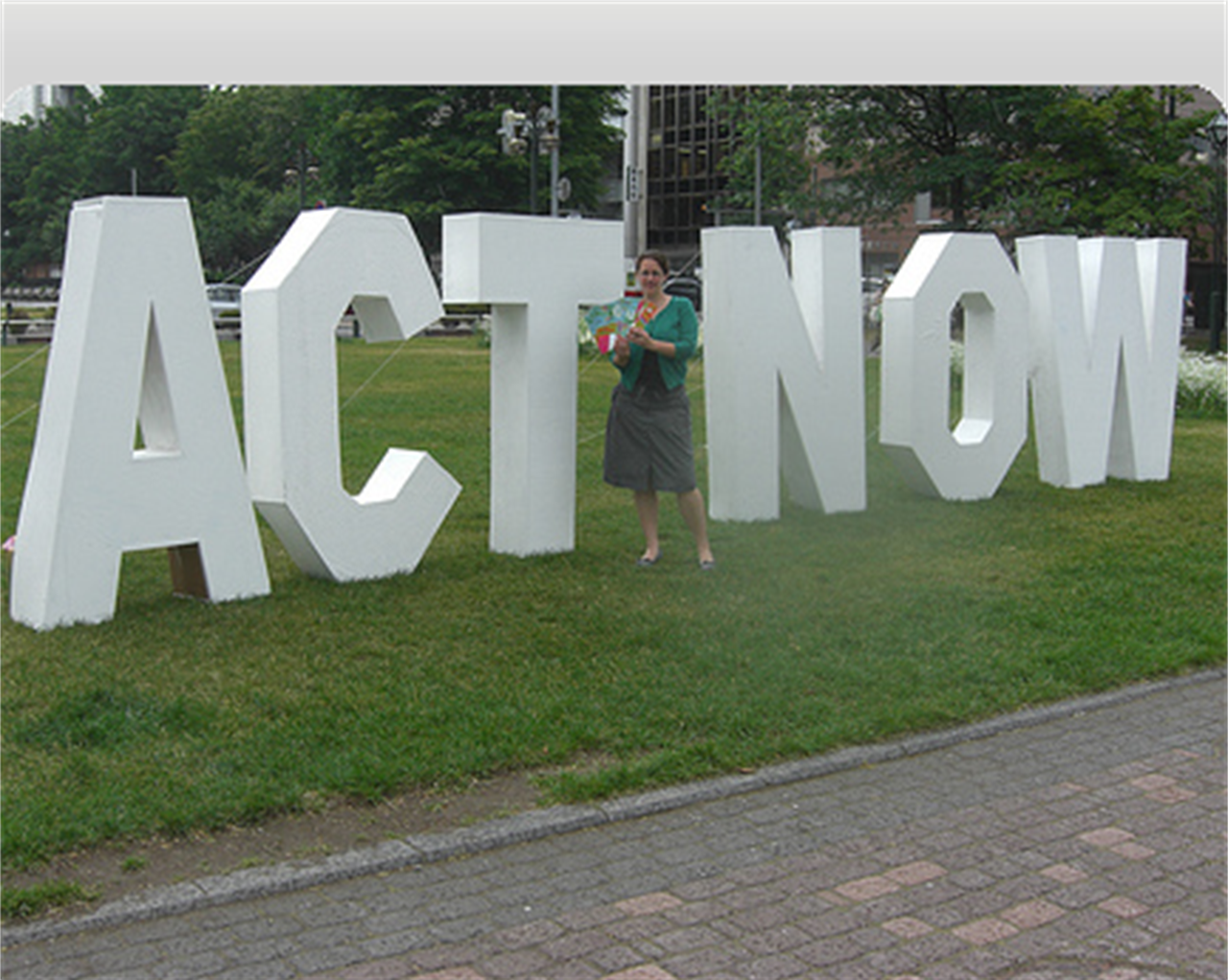Mondo
On the wings of hope
New Carnegie UK Trust Report advocates for civil society to take on bigger role.

Echoing many of the main parties’ wishes to extend more power to civil society, a Carnegie report, dating from last March 16, called for a strengthening and expansion of civil society in the UK.
The report argued “for greater ambition. Civil society needs to be bolder in asserting what it can contribute to reshaping finance, tackling climate change and regenerating democracy, and bolder in using its power, assets and influence.”
Making good society sought to review the state of civil society in the UK and to foreshadow its future form and role.
The Phoenix
“Civil society, rather than mainstream business or government, often appears to be the place where the future is being created.”
In many ways the report described civil society as a sort of phoenix rising up from the ashes of political, environmental and economic crises in the UK. It explained that the UK had been through hard times, but that these crises could act as drivers for profound societal change in the UK.
“Social trust, social equality, legal protection for independence and a collaborative relationship with the state” were profiled as the four ingredients necessary for a healthy civil society.
To procure these four conditions the report believed that civil society should receive a new injection of financial capital and a stronger and more formalized political voice.
A return to the barter system
If it hadn’t been for the clinical tone of the report one might have thought that one was reading the manifesto of revolutionaries, as the report called for a complete transformation of the UK’s financial system.
Above all the report called for financial institutions to be more local and for all three sectors to be less reliant on credit.
The report also advocated reducing the general need for finance as a way to counter the depletion of scarce resources, reduce society’s impact to the environment and to address social concerns (although specific concerns were left unidentified) associated with modern finance.
“Civil society associations could play a role in reducing [society’s] reliance on credit,” argued the report.
It cited examples of different civil organizations that have set up batter systems, such as the time banks “which use time as a unit of currency,” to reduce the need for monetary capital and therefore the reliance on credit.
Non profit journalism
The report painted a very gloomy picture for the future of current media forms, stating that “experts have predicted the demise of the newspaper by 2043.”
To insure independent and trustworthy journalism for future generations, the report championed that the relationship between civil society and the media be strengthened.
It also advocated for philanthropic organizations to provide crucial funding for investigative journalism.
Pushing boundaries, it went as far as saying that newspapers like the New York Times should be remodeled as non profits “to insure independence while protecting them from the economic forces that are now tearing them down.”
Nessuno ti regala niente, noi sì
Hai letto questo articolo liberamente, senza essere bloccato dopo le prime righe. Ti è piaciuto? L’hai trovato interessante e utile? Gli articoli online di VITA sono in larga parte accessibili gratuitamente. Ci teniamo sia così per sempre, perché l’informazione è un diritto di tutti. E possiamo farlo grazie al supporto di chi si abbona.
